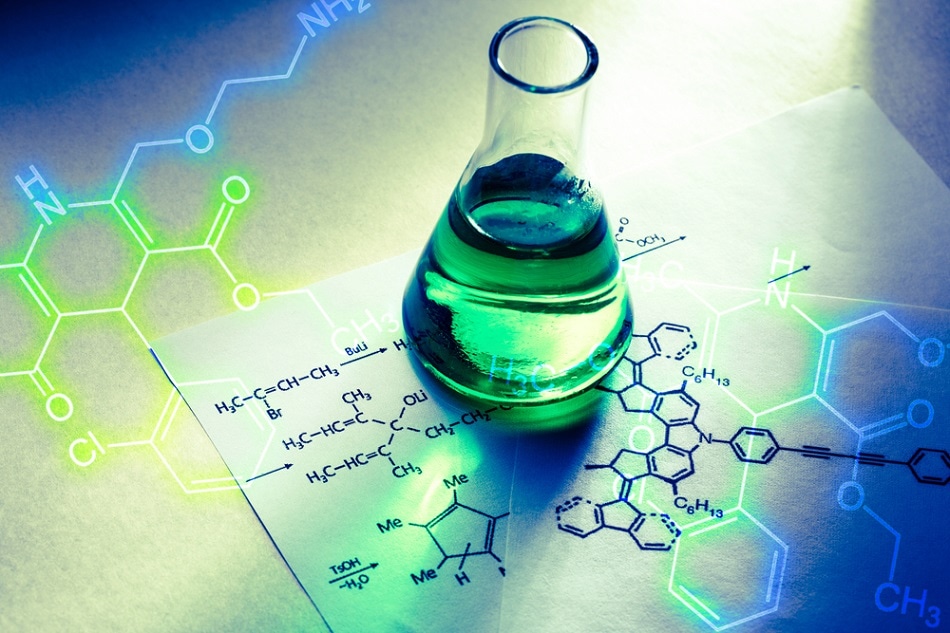Oct 9 2017
Researchers from Johannes Gutenberg University Mainz (JGU) and Evonik Performance Materials GmbH have been successful in designing an ultra-modern and novel electro-organic synthesis as part of the cooperative EPSYLON research project funded by the German Federal Ministry of Education and Research.
 Garsya/ Shutterstock.com
Garsya/ Shutterstock.com
The outcomes of the study have been reported in the journal Science Advances in the issue last week, and enables the application of electrosynthesis as a groundbreaking and feasible green chemistry for technical uses. The new technique enables an operator to react to the accessible power supply in an adaptable manner. In addition, the operator does not have to be dependent on tailor-made electrolysis equipment and can use a broad range of different devices.
Over 160 years ago, Hermann Kolbe, a German Chemist, formulated the process of performing chemical reactions by using electricity. In spite of the fact that electrochemical syntheses have been used in the chemical industry, this is thus far an ideal technique because of the fact that the electrolysis conditions have to be precisely controlled and uniform current input has to be maintained.
As the technique mandates state-of-the-art technical equipment, most of the Chemists have been ignorant about electrosynthesis. In the 21st century, Scientists have again found out about the green nature of electrochemistry. It enables eco-friendly and sustainable chemical processes to be carried out in a simple manner, specifically by using excess power of renewable resources (e.g. solar or wind energy).
Electrochemistry is known to be one of the resourceful and formidable techniques that can be adopted to synthesize a range of chemical compounds or to achieve chemical changes in molecules. In simple terms, electrons have the ability to replace toxic and expensive reagents. Synthesis of undesirable wastes can be prevented and the reaction can be stopped at any moment by simply cutting the power supply.
Yet other benefit of this process when compared to classical synthesis is that one can easily carry out a number of individual steps by adopting electrochemistry. In specific reactions, this can simplify a synthesis by a number of steps. Yet, electrolyses normally require longer reaction times and a narrow current-density window. Moreover, achieving scalability and selectivity is highly challenging or may even be unmanageable.
The research team led by Professor Siegfried Waldvogel from the Institute of Organic Chemistry at Johannes Gutenberg University Mainz was successful due to the adoption of a distinctive electrolyte system. The electrolyses used by the team has exceptionally high stability to alterations in current density, thereby enabling operation in a current-density window that has a width of greater than two orders of magnitude, and without any loss of selectivity or productivity. In case the current supply allows, the electrolysis can be performed within a short period time with extremely high current density.